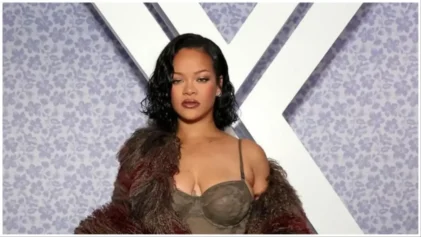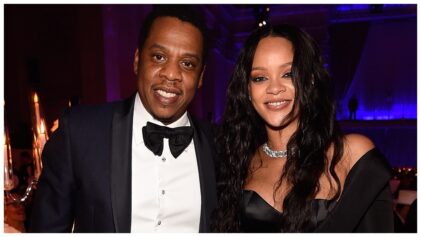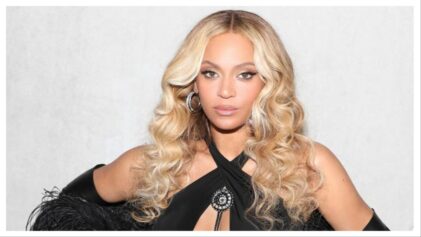Some of the music industry’s biggest names have issued an open letter countering internet radio service Pandora’s efforts to reduce the amount of royalties paid to artists whose music is played online. Pandora has asked its users to petition U.S. congressmen to pass the Internet Radio Fairness Act, claiming that internet radio is currently being discriminated against. Opposing the act are names ranging from Rihanna, Missy Elliot and Ludacris to Journey, Billy Joel and Camper Van Beethoven, who believe that they are under-compensated for their work in the growing mediums of digital entertainment.
“We are big fans of Pandora,” reads the letter signed by 125 artists. “That’s why we helped give the company a discount on rates for the past decade. Pandora is now enjoying phenomenal success as a Wall Street company. Skyrocketing growth in revenues and users. We celebrate that. At the same time, the music community is just now beginning to gain its footing in this new digital world.”
As digital media continues to become more readily and widely available, methods of tracking the number of plays artists receive, and proper compensation, have lagged behind. According to the company’s Q3 earnings report, Pandora now accounts for 4 percent of total US radio listening hours, while 70 percent of its total playtime comes from mobile users. Still, Pandora feels that it loses an unfair amount of royalties compared to terrestrial and satellite radio sources.
“This bipartisan bill will end royalty rate discrimination against internet radio and bring greater fairness to our industry,” Pandora states via its website. “Today, the discrimination is extraordinary. In 2011, Pandora paid over 50% of revenues in performance royalties, while SiriusXM paid less than 10%.”
Part of Pandora’s business strategy going forward is to use its growing user base as leverage to lower royalty costs, but as the artist letter reads, it may be difficult to bargain so long as the company’s principal asset is music.
“Why is the company asking Congress once again to step in and gut the royalties that thousands of musicians rely upon?” the letter asks in bold print. “That’s not fair and that’s not how partners work together.”


